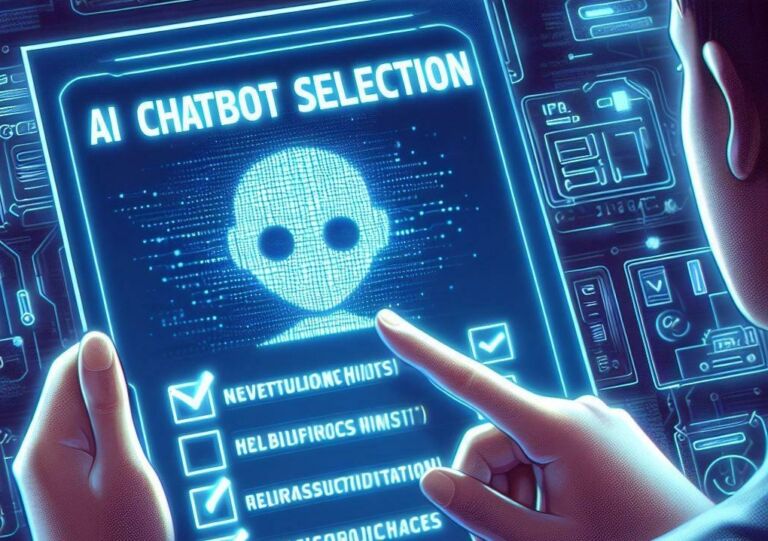John Stossel explains in a Human Events column why he’s a fan of robot cars.
That’s the big point — driverless cars are safer than we drivers are. Ninety-four percent of people killed in car crashes are killed because of human error.
The car’s sensors see when I’m approaching another car. They see better than we do. They are our future, says economist James Miller.
I asked him why drivers should trust the computer. After all, computers crash!
“People know that machines are better than people at a lot of tasks,” was his smart answer. “Our brains are basically machines — but not machines optimized for going 65 miles an hour.” As for “crashing,” he points out that computer buyers aren’t willing to spend extra money for a backup system, but drivers definitely will.
Robot cars may soon save 30,000 lives a year, if bureaucrats let them. It will be a battle. The technology is way ahead of our laws. …
… Because robot cars are safer, insurance rates will drop. Some people will still want to drive themselves, and those people will pay a little more. That’s fine, but then our authoritarian government will probably switch gears and ban “dangerous human driving.”
Maybe that will be the libertarian controversy in 2021.
Freedom doesn’t mean doing anything you want. It means, in part, deciding when to give up control and when to retain it. It also means doing nothing that directly harms others. Giving up some control to machines has been a benefit for centuries.
Robot cars will take away jobs from some taxi drivers, truck drivers, delivery men, etc. Unions, The New York Times and maybe Donald Trump will demand laws to “protect” those jobs. But that’s a mistake.


